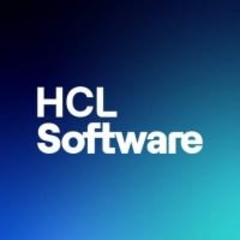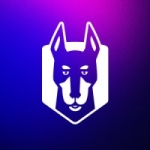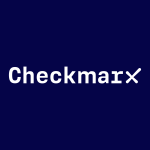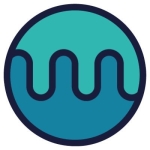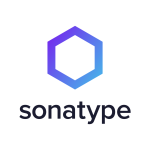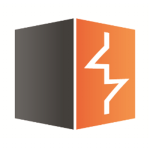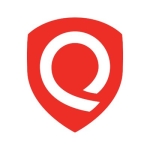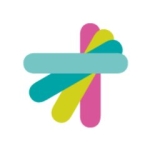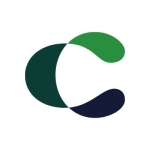What is our primary use case?
We use IBM Appscan for a dynamic assessment of development of our code, so we're looking for something that will actually help us through our entire security development lifecycle.
It has performed better than we expected. We were able to use it quite often, use the server IDE to help test our code before we go into a full test. And it's helped point out some things we had to correct.
We're using it on the cloud. That particular solution we've been using on the cloud because it's a cloud instance, so the transition from going from one to the other wasn't there because we already had our cloud. We were able to use it because we had nothing else there. It helped fill a need that we really had.
How has it helped my organization?
It helps the organization the way we process the entire thing. It has actually helped a little bit with the speed of delivery too, which was surprising because most people thought it would be the other way around.
IBM Applications Security has contributed to the maturity of our AppSec risk management program. We've been working on our risk management program overall, for security development, and this has been a great asset to have.
We also use the solution to security test open-source applications. I'd say better than 70-75% of our applications are open-source. To me, a lot of people overly focus on open-source. That's because they believe that all the closed-source or proprietary is, in fact, secure. That's not necessarily the case. The issue is, when you take code and you're combining these different proprietary and open-source, packages, you have to test them all in the context where you're using them. And therein is the real issue. To me, it's not so much about the open-source, it's about all code. I believe all code has something that I have to look at.
We have a number of projects running concurrently, so I look at the aggregate. I try not to go to what's done on a single product. However, having said that, since we had nothing in dynamic and now we do, that's a huge improvement. You might say then that it was 100% improvement. I don't know if I would give it quite that number, but it is a huge improvement. It's quite near that number.
What is most valuable?
For me, as a manager, it was the ease of use. Inserting security into the development process is not normally an easy project to do. The ability for the developer to actually use it and get results and focuses, that's what counted.
What needs improvement?
I think being able to search across more containers, especially some of the docker elements. We need a little tighter integration there. That's the only thing I can see at this point.
Buyer's Guide
HCL AppScan
April 2025
Learn what your peers think about HCL AppScan. Get advice and tips from experienced pros sharing their opinions. Updated: April 2025.
849,190 professionals have used our research since 2012.
What do I think about the stability of the solution?
I haven't had any issues with stability so I think it's fine.
What do I think about the scalability of the solution?
We're in the process of testing scalability, so I can't really speak to how broad that is because we're just parring up our entire installation of it. I am looking across other parts in our business where our more traditional products are that connect. So, we're looking to see how that scales. But, overall it's looking good.
How are customer service and support?
Once we got into the queue, we got a fantastic turnaround.
Which solution did I use previously and why did I switch?
Here I have an unfair advantage. I came out of a large security company, and because of my experience and the fact that we had a need, I looked around for the best solutions that were available. There were a lot of competitors. The question was, how well it would integrate with our process, since we were developing a full SDL with security tool check-points. AppScan fit that very well.
The most important criteria when selecting a vendor were that it had a great product, but I had to have a product that I could integrate and automate. For me, it wasn't a matter if it was best in breed, they had the neatest slice of cheese. What I was looking for was, could it integrate and automate? If it couldn't, they weren't on the selection list.
How was the initial setup?
I didn't do the work but I directed it.
There were a couple of steps where we had to have some help. But at the same time, we just put in an engagement for a Professional Services to do it quicker, do the integration, to make it tighter for us. We're just waiting for the final part of that to be signed so we can actually move forward.
Which other solutions did I evaluate?
Veracode, Synopsis, and a few others. What made us go with IBM was the integration and automation efforts; what it would do there, and the fact that it did so well at what AppScan does, which was in the dynamic testing.
What other advice do I have?
In terms of rating it, because I haven't had it installed long enough, and we haven't finished all the integration because of the Professional Services yet, I'd say it's rating really well, toward excellent. But it's just one of those things, until you see all the proof in the pudding...
As of right now I would rate it an eight out of 10.
The advice I would give to a colleague is, first, know your development process and where it's weak. From there, insert secure development, realize that it's not about the tool, it's about the process of development. Then find the tools that solve that. For us the key was, could it integrate, could it automate, and could it make the developer's workload easier? That's what we looked for.
Disclosure: I am a real user, and this review is based on my own experience and opinions.

